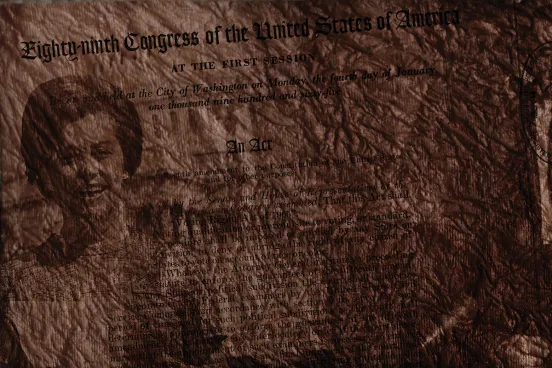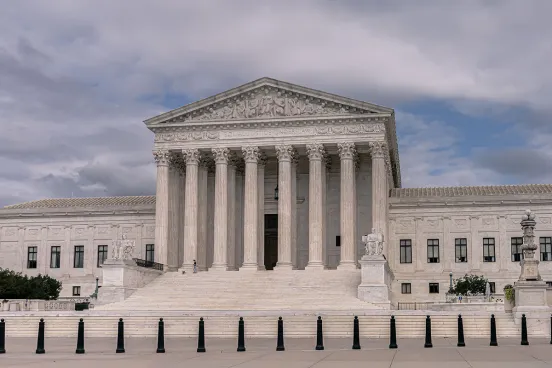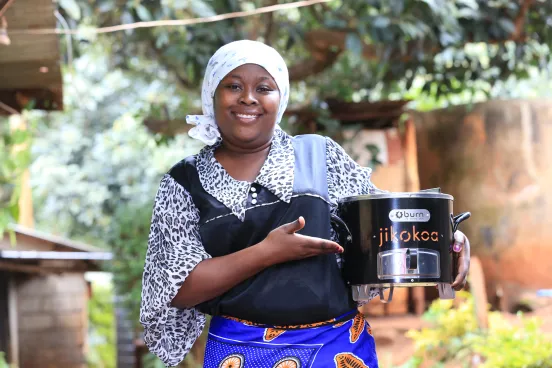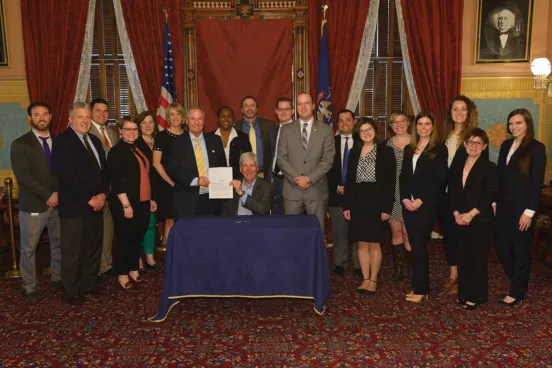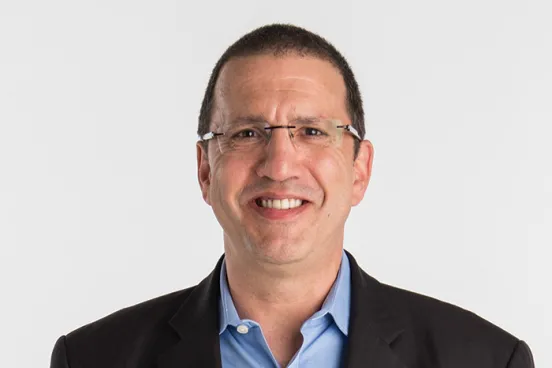
Michigan Law has become only the second law school in the country to offer a clinic to first-year students with the introduction this year of the new Unemployment Insurance Clinic (UIC), in which second-semester 1Ls represent clients in their claims for state unemployment insurance benefits.
The clinic began this fall with summer starters and is being taught by Steve Gray, a clinical assistant professor.
For several years, Gray supervised Michigan Law student volunteers who helped people who could not afford lawyers with unemployment insurance claims at the Michigan Unemployment Insurance (MiUI) Project.
The UIC replaces that project, adding a structured curriculum and classroom component that will aid students in their representation of their clients and, ultimately, in their development as lawyers.
“Our law students from the get-go are really interested in getting their hands dirty, getting involved. Many students had been asking, ‘Why can’t it start earlier?’” says David Santacroce, clinical professor of law and associate dean for experiential education. “We had been looking at incorporating experiential learning in the first year, and then students asked if we could find a way to bring the type of work MiUI was doing into the curriculum. Educationally it made perfect sense, and we are lucky to have students who saw the educational potential in this work. We were also happy that we were able to put this clinic in place in less than a year after they contacted Dean West about the possibility.”
UIC students will interview and counsel clients, conduct fact investigations, write and file briefs, and, in the vast majority of cases, conduct full administrative trials, Santacroce says. And 2Ls and 3Ls who completed the clinic as 1Ls will have the opportunity to move beyond administrative hearings to more complex oral and written advocacy while providing peer support to first-year UIC students.
The UIC also will give students first-hand exposure to social-justice issues.
“They’ll learn a lot more about what it means to be struggling in today’s world,” Santacroce says. The Law School will gauge the UIC’s effectiveness in part by working with the University’s Center for Research on Learning and Teaching on a study of learning outcomes.
Those who have been involved with the MiUI volunteer project have high hopes for the UIC. In letters to the dean, students who participated in MiUI lobbied for the UIC. One letter to Santacroce succinctly stated one benefit of the program: The volunteer MiUI project “is the reason I have a job,” the student wrote.
Andrew Junker, who is set to graduate in December, says he learned a great deal about how to be a lawyer from the volunteer experience.
“The most important part of it is that you have clients you’re responsible for, and you want to do everything you can for them,” he says. “Our clients have been thrown into a regulatory process that’s really hard to navigate. Their former employer may send a lawyer to a hearing, and it can become lopsided pretty quickly. But with one of us there, the playing field is a lot more level.”
Gray says that, through their work with clients, the students are exposed in practice to things they learned about in class—the Rules of Evidence, for instance—as well as legal writing and thinking on their feet during a hearing. Just as important, he says, they learn what it means to represent a client.
“We have a binder full of thank-you notes,” Gray says, “and I have the students read those so they understand what a real difference a lawyer can make.”


